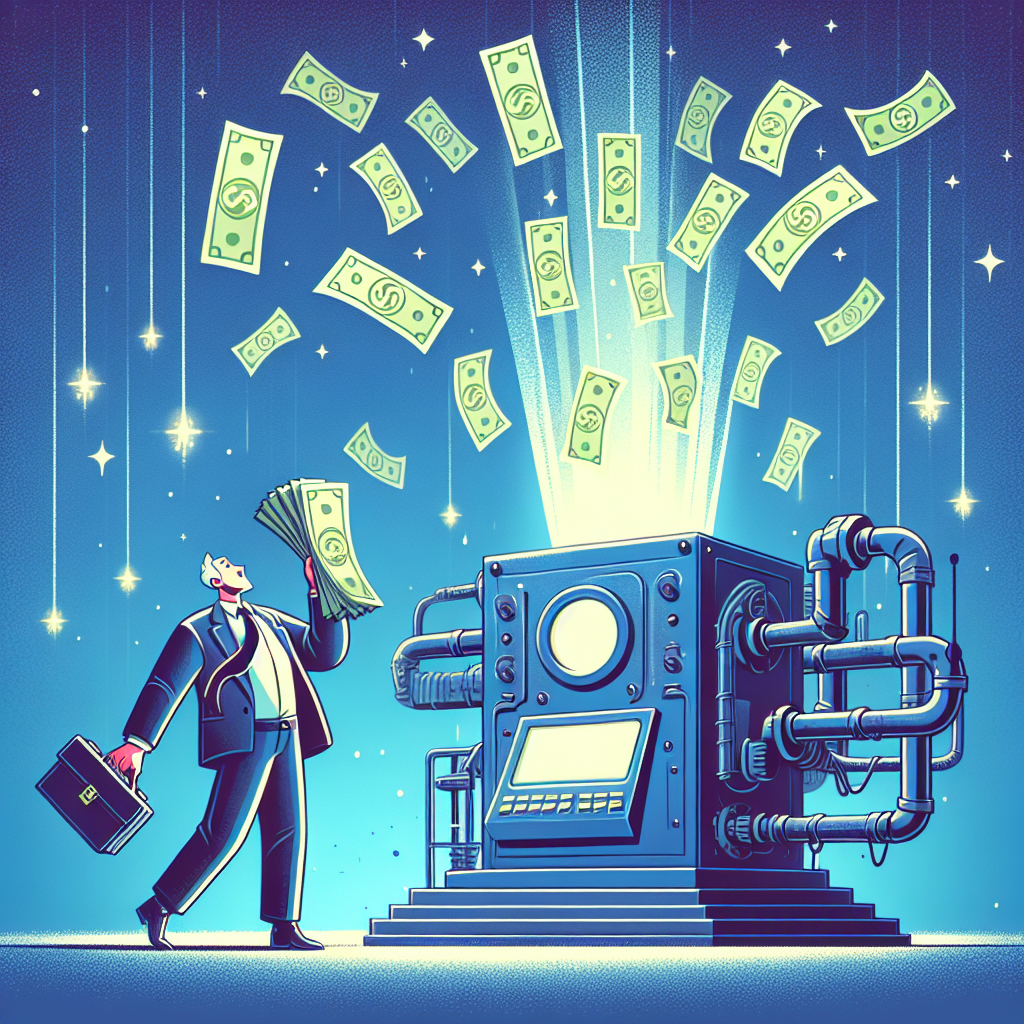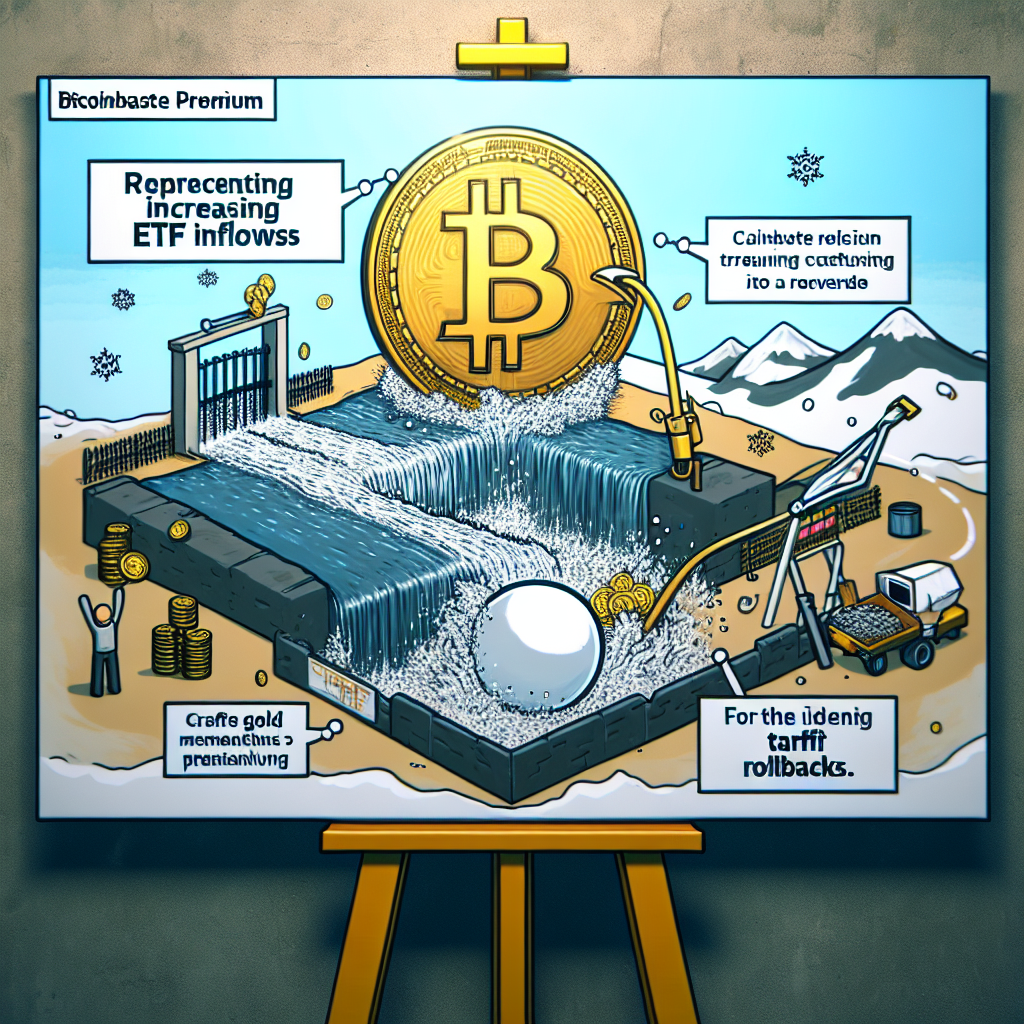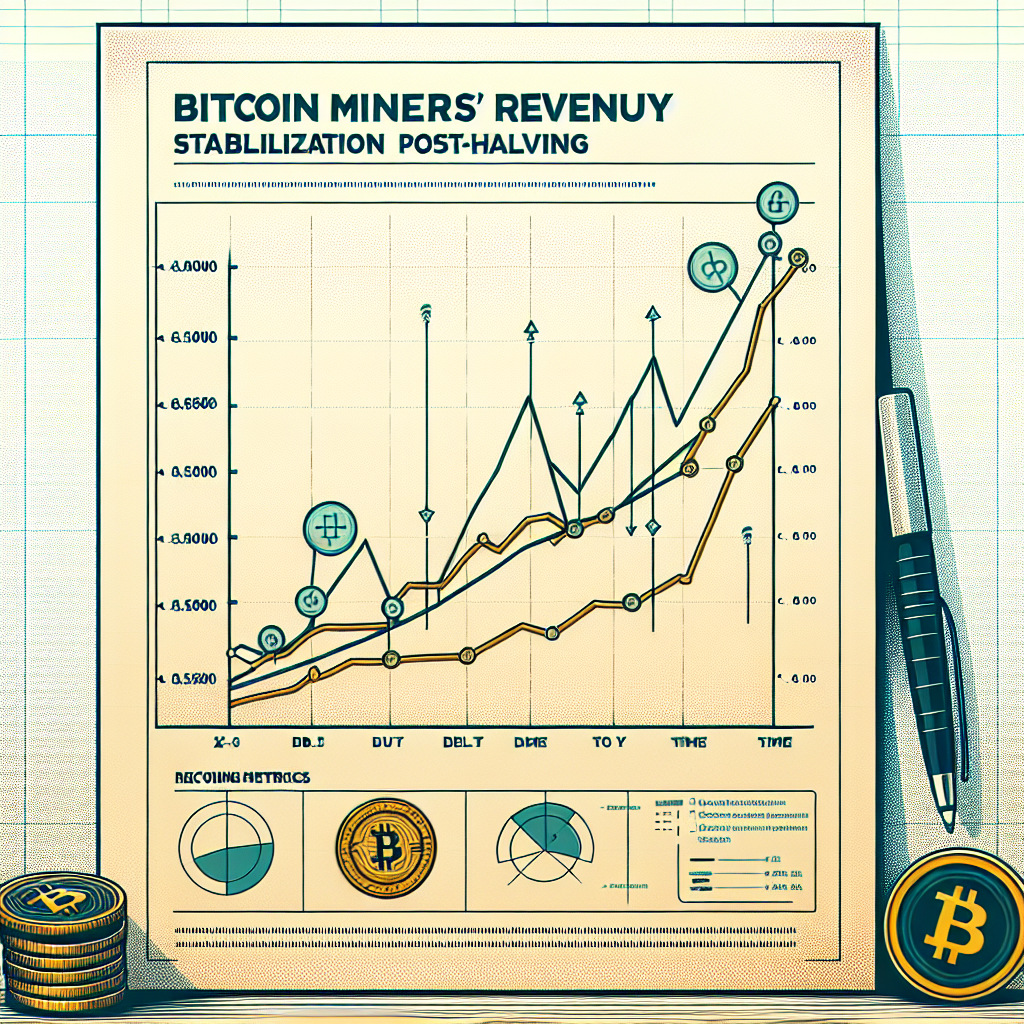
Musk’s ‘Magic Money Computers’: Revolutionizing Finance or Pure Fantasy?
Elon Musk recently sparked widespread debate by claiming the existence of what he termed “magic money computers,” devices purportedly capable of generating cash “out of thin air.” This provocative assertion has ignited discussions among financial experts, technologists, and economists alike, prompting questions about the feasibility and implications of such technology. While Musk is known for his bold statements and visionary ideas, the concept of computers creating money independently raises significant skepticism and curiosity within the financial community.
At the heart of Musk’s claim lies the suggestion that advanced computational systems, leveraging artificial intelligence and blockchain technology, could autonomously generate monetary value without traditional economic inputs. Proponents argue that such systems could revolutionize finance by decentralizing monetary creation, reducing reliance on central banks, and potentially stabilizing economies through algorithmically controlled money supply. They envision a future where financial systems become more transparent, efficient, and resistant to manipulation, driven by sophisticated algorithms rather than human intervention.
However, critics swiftly counter these optimistic scenarios, highlighting fundamental economic principles that challenge Musk’s assertion. They emphasize that money, as a medium of exchange, derives its value from collective trust and acceptance within society. Simply put, money cannot be created “out of thin air” without corresponding economic activity or tangible backing. Critics argue that Musk’s “magic money computers” overlook the essential relationship between currency supply, demand, and economic productivity. They caution that introducing autonomous monetary creation could lead to inflationary pressures, destabilizing markets, and undermining public confidence in financial systems.
Despite these criticisms, Musk’s concept resonates with ongoing developments in digital finance, particularly the rise of cryptocurrencies and decentralized finance (DeFi). Cryptocurrencies such as Bitcoin and Ethereum have already demonstrated the potential for digital assets to gain widespread acceptance and value independent of traditional financial institutions. Blockchain technology, underpinning these digital currencies, provides transparency, security, and decentralization, aligning closely with Musk’s vision of autonomous monetary systems. Thus, while the notion of computers independently generating money may seem fantastical, it aligns with broader trends toward decentralization and digitalization in finance.
Moreover, Musk’s provocative statements often serve as catalysts for innovation and debate, prompting deeper exploration into emerging technologies and their potential applications. His recent comments have already spurred discussions about the role artificial intelligence could play in managing monetary policy, optimizing financial markets, and enhancing economic stability. Researchers and technologists are now examining how advanced computational systems might assist central banks and financial institutions in making more informed, data-driven decisions, potentially improving economic outcomes.
Nevertheless, caution remains essential when considering radical transformations in financial systems. The introduction of autonomous monetary creation technologies would require rigorous oversight, regulatory frameworks, and comprehensive risk assessments to prevent unintended consequences. Policymakers and financial authorities must carefully evaluate the potential impacts on economic stability, inflation, and public trust before embracing such innovations.
In conclusion, Elon Musk’s claim of “magic money computers” generating cash independently presents an intriguing yet controversial vision for the future of finance. While the idea aligns with broader trends toward digitalization and decentralization, significant economic and practical challenges remain. Whether Musk’s concept represents a revolutionary breakthrough or mere fantasy depends largely on technological advancements, regulatory responses, and societal acceptance. As discussions continue, the financial community must balance innovation with prudence, ensuring that any transformative technologies introduced serve to enhance rather than disrupt economic stability and prosperity.
Unpacking Musk’s Claim: Can Computers Really Create Cash Out of Thin Air?

Elon Musk’s recent assertion regarding the existence of “magic money computers” capable of generating cash seemingly “out of thin air” has sparked considerable debate and curiosity. To fully understand the validity and implications of Musk’s claim, it is essential to examine the underlying mechanisms of modern monetary systems and the role computers play in contemporary finance.
At first glance, Musk’s statement may appear sensationalist or exaggerated; however, it touches upon a genuine phenomenon within the financial sector. Modern economies rely heavily on digital transactions and electronic banking systems, which have significantly reduced the reliance on physical currency. In this context, computers indeed play a pivotal role in creating and managing money, albeit not in the literal sense of conjuring cash from nothing. Instead, they facilitate the complex processes through which central banks and commercial banks expand the money supply.
Central banks, such as the Federal Reserve in the United States or the European Central Bank, possess the authority to influence the money supply through monetary policy tools. One prominent method is quantitative easing (QE), a practice wherein central banks purchase government bonds and other financial assets from commercial banks and financial institutions. These transactions are executed electronically, with central banks crediting the reserve accounts of commercial banks. Although no physical currency changes hands, these digital entries effectively increase the money supply, thereby injecting liquidity into the economy. In this sense, Musk’s claim aligns partially with reality, as computers facilitate the creation of new money through digital accounting entries.
Commercial banks also contribute significantly to the expansion of the money supply through fractional reserve banking. When banks issue loans, they do not necessarily lend out existing deposits directly; rather, they create new deposits electronically, thereby increasing the total amount of money circulating within the economy. This process, enabled by sophisticated computer systems and digital accounting practices, further supports Musk’s assertion that computers play a crucial role in generating money. However, it is important to emphasize that this creation of money is not arbitrary or limitless. Banks operate within regulatory frameworks and must maintain adequate reserves to ensure financial stability and prevent excessive inflation.
Despite the apparent ease with which digital money can be created, the process is governed by strict economic principles and regulatory oversight. Central banks carefully monitor monetary policy decisions to maintain economic stability, control inflation, and support sustainable growth. The creation of money through digital means is therefore not a whimsical or uncontrolled phenomenon, but rather a deliberate and regulated practice designed to achieve specific economic objectives.
Moreover, the notion of computers creating money “out of thin air” can be misleading if interpreted literally. While digital transactions and electronic accounting entries facilitate the expansion of the money supply, they do not represent the spontaneous generation of wealth. Instead, these processes reflect the complex interplay between monetary policy, banking practices, and economic activity. The value of money ultimately depends on public trust, economic productivity, and the stability of financial institutions, rather than merely the digital mechanisms through which it is created.
In conclusion, Elon Musk’s provocative claim regarding “magic money computers” highlights an intriguing aspect of modern finance, where digital technology plays a central role in monetary creation. Although computers indeed facilitate the expansion of the money supply through electronic transactions and accounting practices, this process remains firmly grounded in economic principles, regulatory oversight, and public confidence. Thus, while Musk’s statement captures attention and sparks discussion, it is essential to approach it with a nuanced understanding of the complexities underlying contemporary monetary systems.
The Impact of Musk’s ‘Magic Money Computers’ on Global Economy and Cryptocurrency Markets
Elon Musk’s recent assertion regarding the discovery of so-called “Magic Money Computers,” capable of generating cash seemingly “out of thin air,” has sparked significant debate and speculation within global economic circles and cryptocurrency markets. The implications of such a discovery, if substantiated, could profoundly reshape financial systems, monetary policy, and investor behavior worldwide.
Initially, Musk’s announcement triggered immediate volatility in cryptocurrency markets, as investors grappled with uncertainty surrounding the potential impact of these purported devices. Cryptocurrencies, particularly Bitcoin and Ethereum, experienced sharp fluctuations in value, reflecting investor anxiety and speculative trading. Market analysts suggest that the mere suggestion of technology capable of effortlessly creating monetary value challenges the foundational principles underpinning cryptocurrencies, which rely heavily on scarcity and controlled supply mechanisms to maintain their value.
Moreover, traditional financial markets have also reacted cautiously to Musk’s claims. Central banks and financial institutions worldwide depend on carefully regulated monetary policies to manage inflation, stabilize currencies, and promote economic growth. The introduction of technology that could theoretically generate unlimited financial resources would disrupt these established frameworks, potentially leading to inflationary pressures and currency devaluation. Economists warn that unchecked monetary creation could erode public confidence in fiat currencies, prompting investors to seek alternative stores of value, such as precious metals or digital assets.
In addition to market volatility, Musk’s announcement has reignited discussions surrounding the ethical and regulatory implications of advanced financial technologies. Policymakers and regulatory bodies are now faced with the challenge of assessing the legitimacy and potential risks associated with these “Magic Money Computers.” If validated, stringent regulatory measures would likely be necessary to prevent misuse, fraud, and economic instability. Conversely, if Musk’s claims prove exaggerated or unfounded, regulators may still need to address the market disruptions caused by speculative reactions and misinformation.
Furthermore, the global economy could experience significant shifts in wealth distribution and economic power dynamics if Musk’s discovery proves genuine. Countries or corporations with early access to such technology could gain unprecedented economic advantages, exacerbating existing inequalities and geopolitical tensions. Developing nations, already vulnerable to economic instability, could face severe consequences if wealth creation becomes concentrated among technologically advanced economies. Consequently, international cooperation and transparent governance would become essential to mitigate potential conflicts and ensure equitable access to emerging financial technologies.
On the other hand, proponents argue that Musk’s “Magic Money Computers” could offer substantial benefits, including increased liquidity, reduced reliance on debt financing, and accelerated economic growth. By providing a seemingly limitless source of capital, businesses and governments could invest more readily in infrastructure, innovation, and social programs, potentially driving global prosperity. However, such optimistic scenarios depend heavily on responsible management, transparent oversight, and careful consideration of long-term economic impacts.
Ultimately, the true impact of Musk’s “Magic Money Computers” on the global economy and cryptocurrency markets remains uncertain, pending further verification and analysis. While the initial reactions have highlighted significant risks and opportunities, stakeholders across financial sectors must approach this development with caution, diligence, and a commitment to maintaining economic stability. As the situation evolves, ongoing dialogue among economists, policymakers, investors, and technologists will be crucial in navigating the complexities and potential consequences of this groundbreaking claim.
![Ultimate Guide to the [Mind of Pepe ($MIND)] Token Sale: How to Participate and Key Insights](https://autocryptonews.com/wp-content/uploads/2025/04/トークンセール用アイキャッチ画像.jpg)




